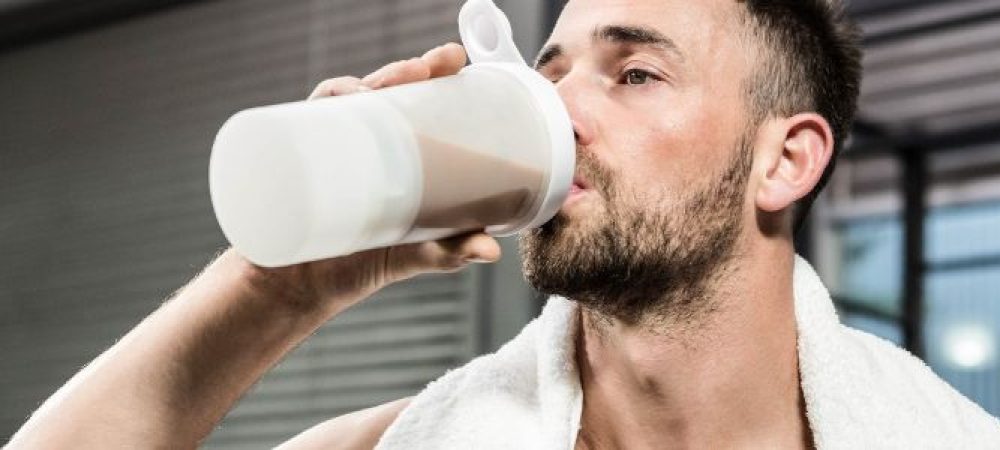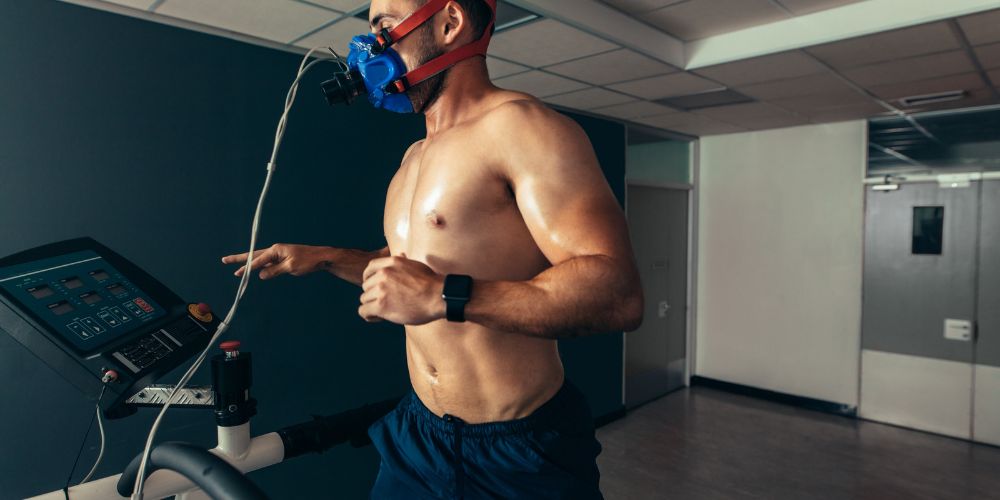Maintaining muscle mass while on a diet can be challenging. It requires a delicate balance between losing weight and keeping muscle mass intact. However, it is possible to lose weight without sacrificing muscle mass. In this article, we will explore some of the best ways to maintain muscle mass during a diet.
Prioritize Protein Intake
Protein is essential for maintaining muscle mass. When you are on a diet, your body breaks down muscle tissue for energy. Consuming adequate protein will help preserve muscle mass while losing weight.
As a general rule, aim for at least 1 gram of protein per pound of body weight. This means that if you weigh 150 pounds, you should aim for at least 150 grams of protein per day.
There are many protein-rich foods you can incorporate into your diet, such as chicken, turkey, fish, eggs, dairy, beans, lentils, and tofu. If you find it challenging to get enough protein through your diet alone, consider supplementing with protein powder.
Whey protein is a popular choice among fitness enthusiasts because it is a complete protein that contains all essential amino acids. It is also quickly absorbed by the body, making it an excellent choice for post-workout recovery.
Lift Weights Regularly
Resistance training is crucial for maintaining muscle mass. When you are on a diet, your body will break down muscle tissue for energy. Lifting weights helps to prevent muscle loss by stimulating muscle growth.
Try to lift weights at least 3-4 times per week. Focus on compound exercises such as squats, deadlifts, bench press, and rows. These exercises work multiple muscle groups at once and are more efficient than isolation exercises.
In addition to weightlifting, you can also incorporate other forms of resistance training into your routine, such as bodyweight exercises, resistance bands, and kettlebells.
Don’t Cut Calories Too Low
To lose weight, you need to create a calorie deficit. However, cutting calories too low can lead to muscle loss. Your body needs energy to maintain muscle mass, and if it doesn’t get enough energy from your diet, it will start to break down muscle tissue.
To prevent muscle loss, aim for a moderate calorie deficit of 250-500 calories per day. This will allow you to lose weight while still providing your body with the energy it needs to maintain muscle mass.

Eat Carbs and Fats
While protein is essential for maintaining muscle mass, carbohydrates and fats are also important. Carbohydrates provide energy for your workouts, while fats help to regulate hormone levels.
Don’t cut out carbs or fats completely. Instead, focus on eating complex carbohydrates such as whole grains, fruits, and vegetables, and healthy fats such as avocado, nuts, and olive oil.
Consider Supplements
While a healthy diet and exercise routine are the most important factors in maintaining muscle mass, supplements can also be beneficial. Here are some supplements that can help:
Creatine
Creatine is a natural compound that helps to increase muscle strength and size. It also helps to improve exercise performance.
Creatine works by increasing the amount of phosphocreatine in your muscles, which helps to regenerate ATP, the primary source of energy for muscle contractions.
BCAAs
Branched-chain amino acids (BCAAs) are essential amino acids that help to prevent muscle breakdown and improve muscle recovery. The three BCAAs are leucine, isoleucine, and valine.
BCAAs are especially helpful during periods of calorie restriction because they can help prevent muscle breakdown when your body is in a catabolic state.
Whey Protein
Whey protein is a fast-digesting protein that can help to promote muscle growth and recovery.
Whey protein is a byproduct of the cheese-making process and is considered a complete protein because it contains all nine essential amino acids.
It is quickly absorbed by the body, making it an excellent choice for post-workout recovery. Whey protein can also be used as a convenient snack or meal replacement when you are on-the-go.
Stay Hydrated
Drinking enough water is essential for maintaining muscle mass during a diet. When you are dehydrated, your muscles can appear smaller and flatter, making it harder to maintain a toned appearance.
Dehydration can also reduce your strength and performance during workouts, making it more challenging to maintain muscle mass.
Aim to drink at least 8-10 glasses of water per day. If you are exercising, you may need to drink more to replace fluids lost through sweat.
Get Enough Rest
Rest is essential for muscle recovery and growth. When you are on a diet, your body is under stress, and it needs time to recover and rebuild.
Aim for at least 7-8 hours of sleep per night. This will give your body the time it needs to repair and recover from your workouts.
In addition to getting enough sleep, you should also aim to take rest days from your workouts. This will give your muscles time to recover and prevent overtraining.
Monitor Your Progress
Monitoring your progress is essential for maintaining muscle mass during a diet. Tracking your weight, body fat percentage, and muscle mass will help you determine if you are losing weight without sacrificing muscle mass.
There are many tools you can use to track your progress, such as a scale, body fat calipers, or a body composition analyzer.
It’s important to remember that losing weight and maintaining muscle mass is a slow process. Don’t get discouraged if you don’t see results right away. Stick to your diet and exercise routine, and the results will come.


